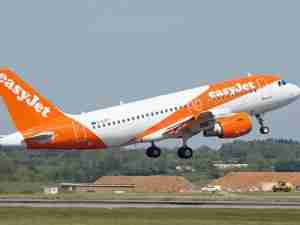Air Cargo World Raises Awareness of Relief Efforts in Haiti
posted by AJOT | Dec 05 2016 at 10:41 AM | Air Cargo
Seattle, WA – Lewis King, associate editor of Air Cargo World, was invited to ride along with the crews from Airlink and Bell Helicopter last month as they provided desperately needed airlift services to remote disaster-stricken regions in Haiti’s southern departments of Grand'Anse and Sud, following the devastating effects of Hurricane Matthew. Much of Haiti’s suffering, however, is going unrecognized.
To help raise awareness of this plight, King’s report, “Land of Confusion,” being released today on Air Cargo World’s website, is now being offered to news outlets, free of charge. The article covers the efforts by nongovernmental organization (NGOs), such as Airlink, LIFT and the American Logistics Aid Network (ALAN), and also calls the world’s attention to how relief organizations often struggle with the logistics of aid distribution in these overstressed areas.
Steve Smith, Airlink’s executive director, explained: “We leverage our partnerships with aviation companies and airlines to not only consolidate cargo and achieve economies of scale and efficiencies, but also to achieve better or donated pricing in order to send the aircraft. A lot of NGOs would end up paying through the nose, and those dollars go much further if we can work together.”
The team covered in King’s article, from Disaster Tech Lab, touched down in two donated Bell Helicopters in early November. The crews worked in conjunction with Airlink, a Washington, D.C.-based rapid-response humanitarian relief organization that links airlines with pre-qualified nonprofits to move resources to disaster zones around the world.
For this trip, Airlink and its partners combined shipments from seven NGOs, filling an entire MD-11 freighter with donations from across the U.S., and delivered it to destinations in Haiti using their extensive connections in the transport business. Aid-focused NGOs are unable to carry out this level of consolidation, so the less money they spend on transport, the more cash they can distribute on the ground, Smith says.
Airlink and its partners are still in Haiti now, demonstrating a competitive model for transporting aid thousands of miles across transportation modes and borders. And they’re doing it quickly, cheaply, and ultimately more effectively than anyone else in the game.
LIFT founder Michael Rettig said the NGO cooperation demonstrated on this trip is the best way to mitigate transportation costs, and that his organization is working to “encourage NGOs to cooperate with one another to drive down the cost of transportation during a crisis.”










